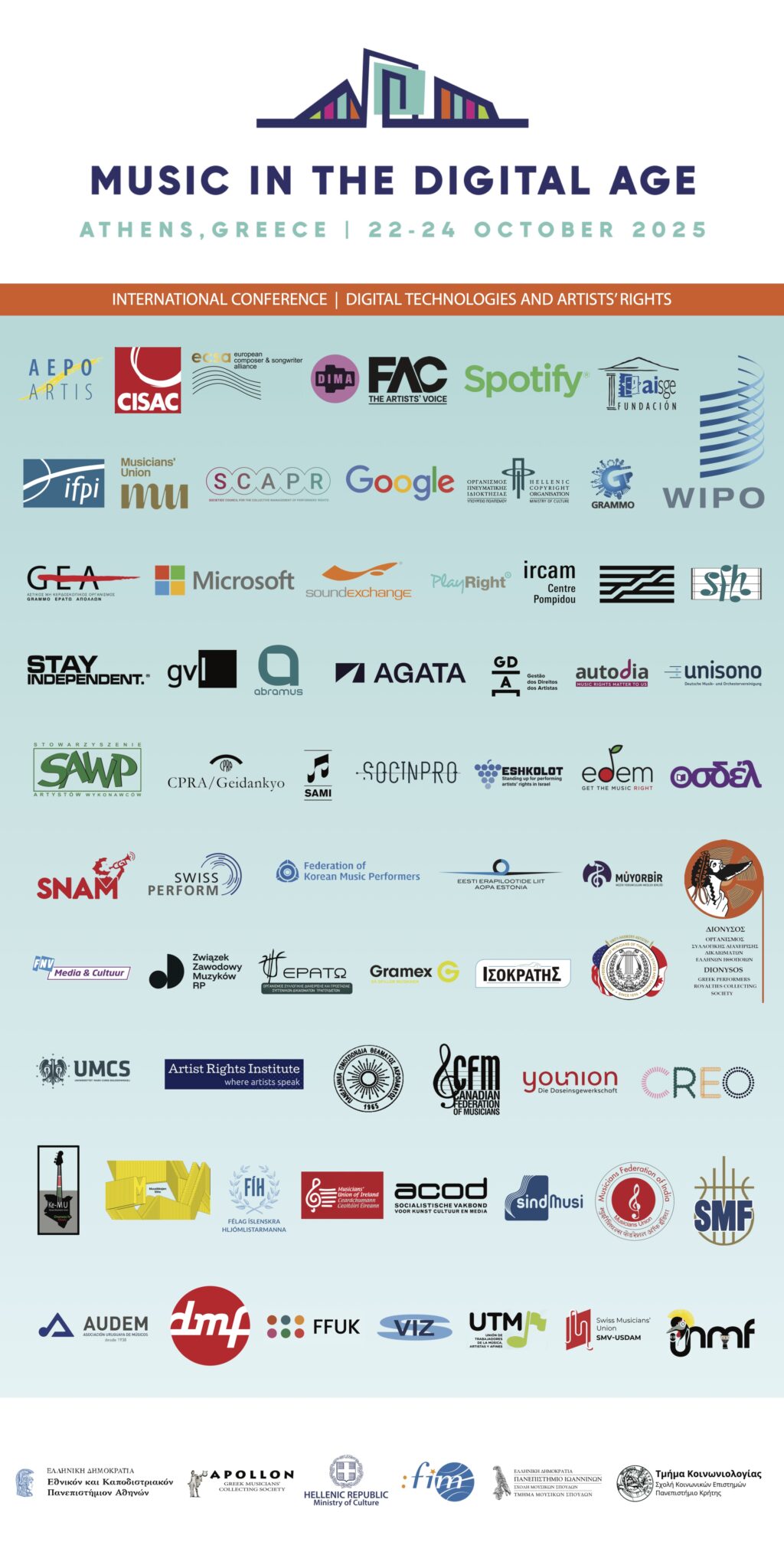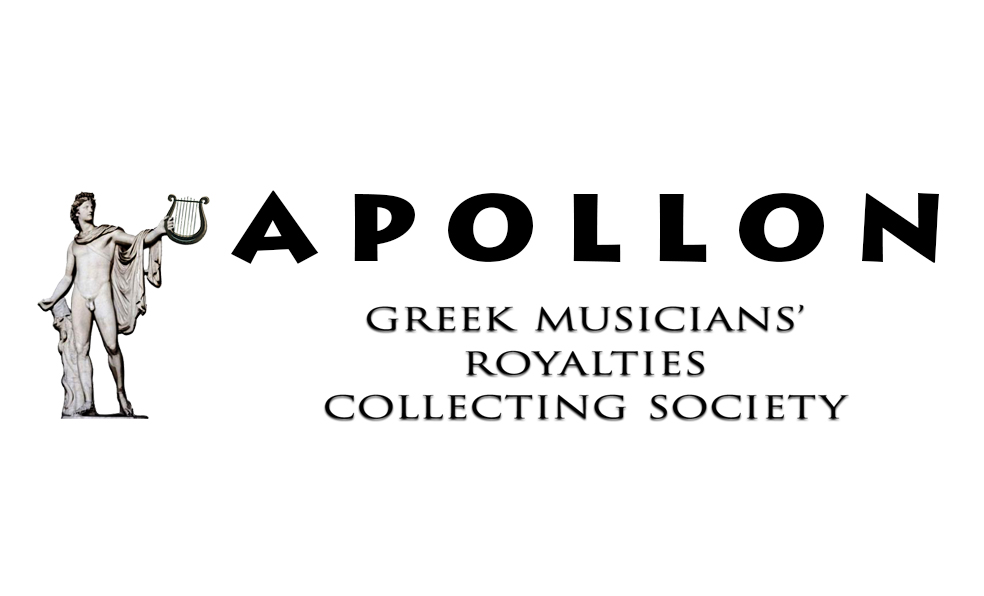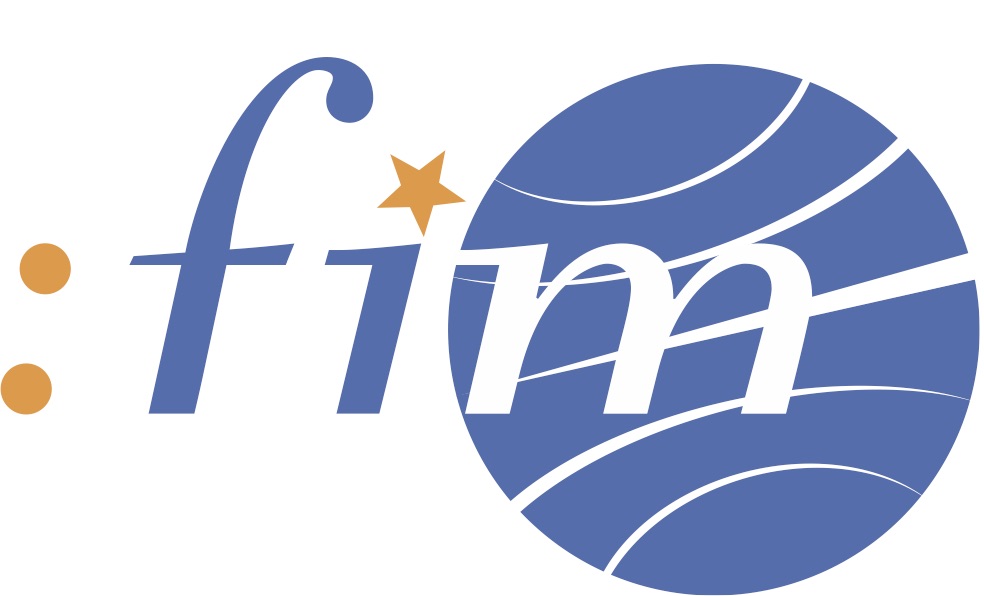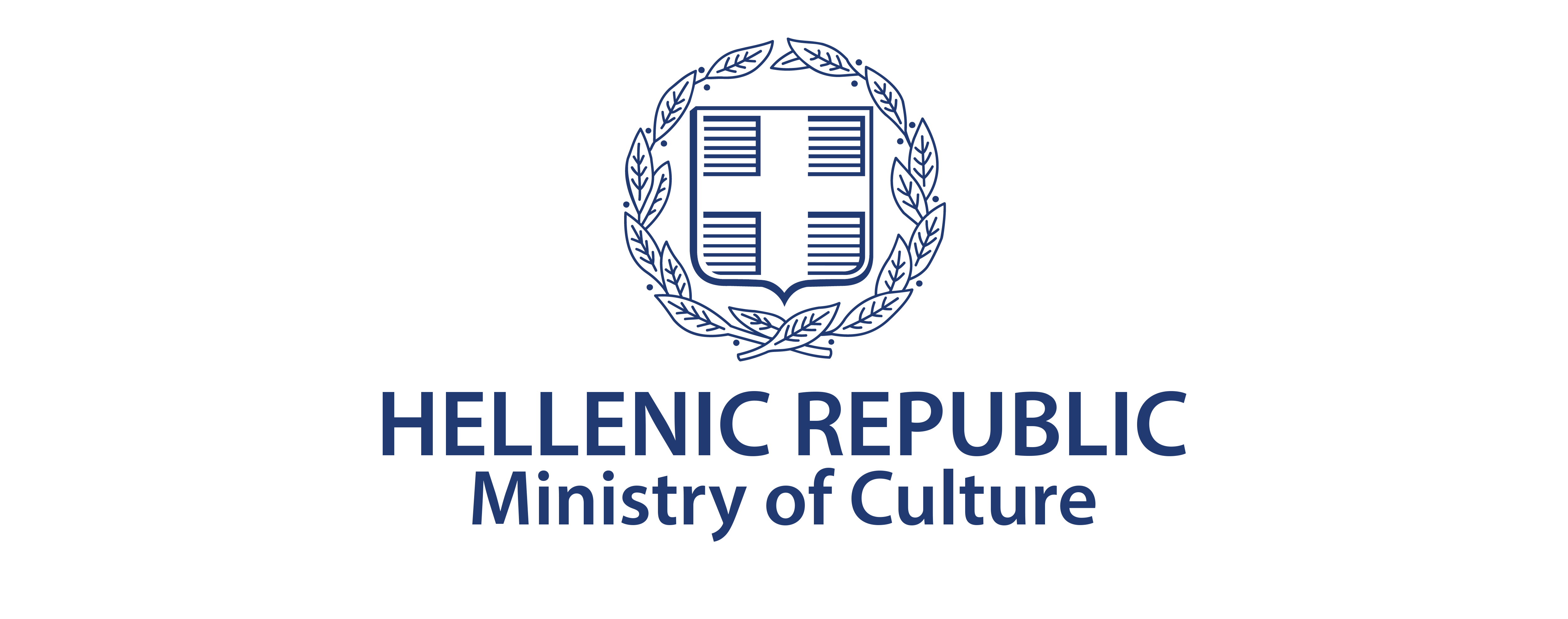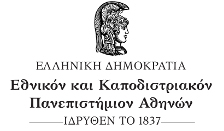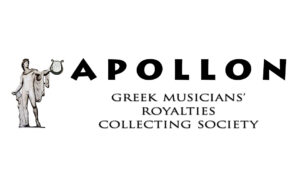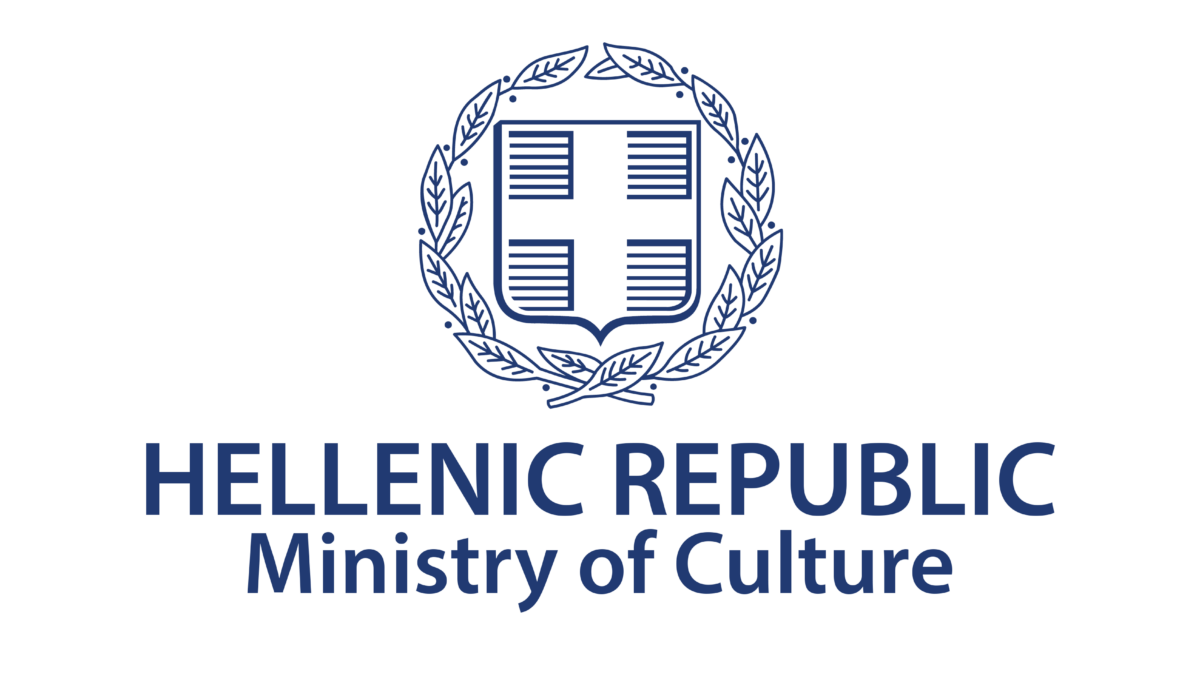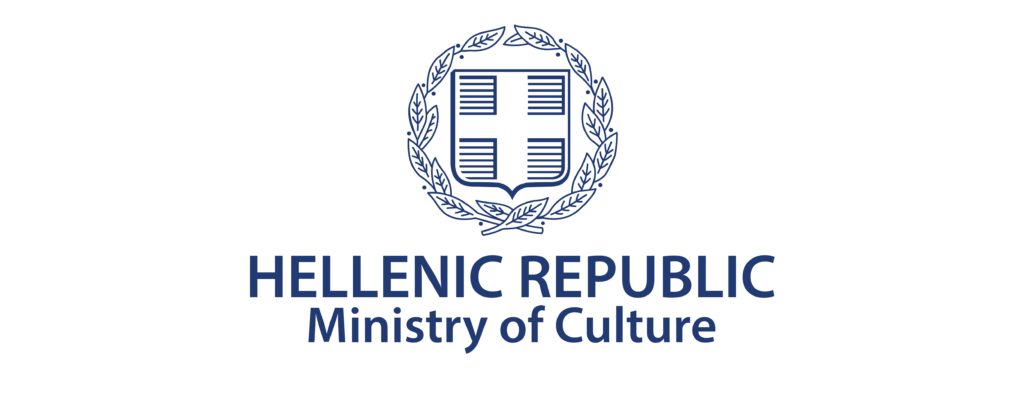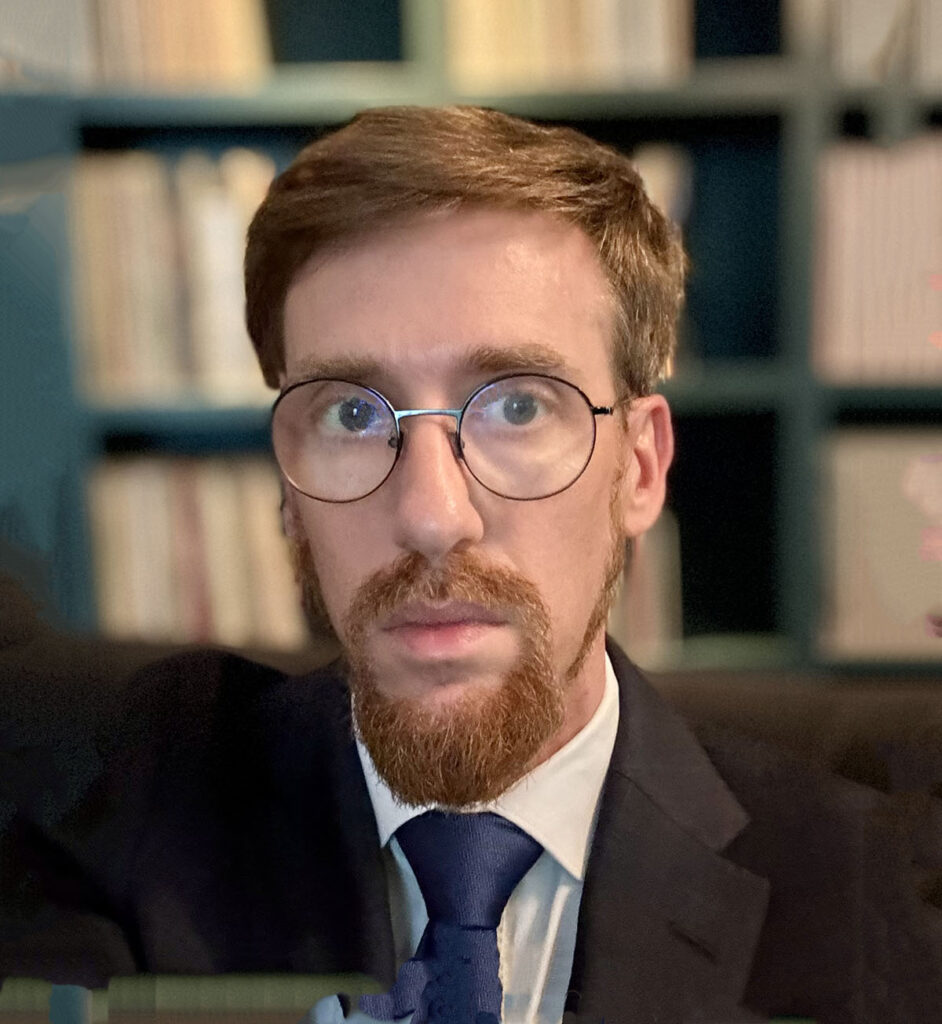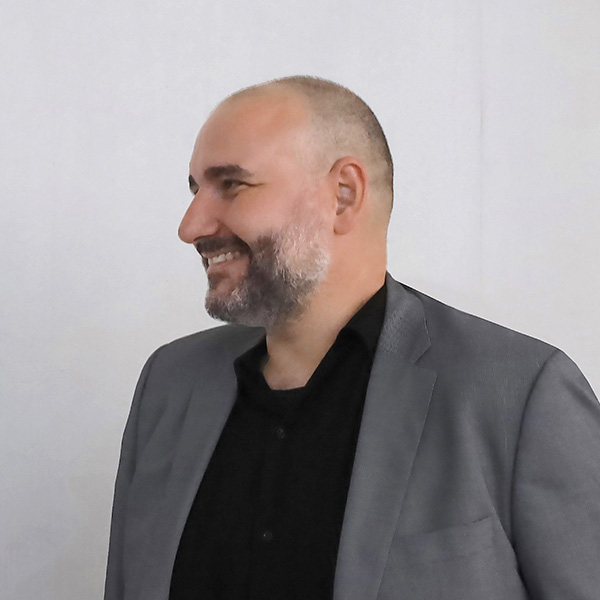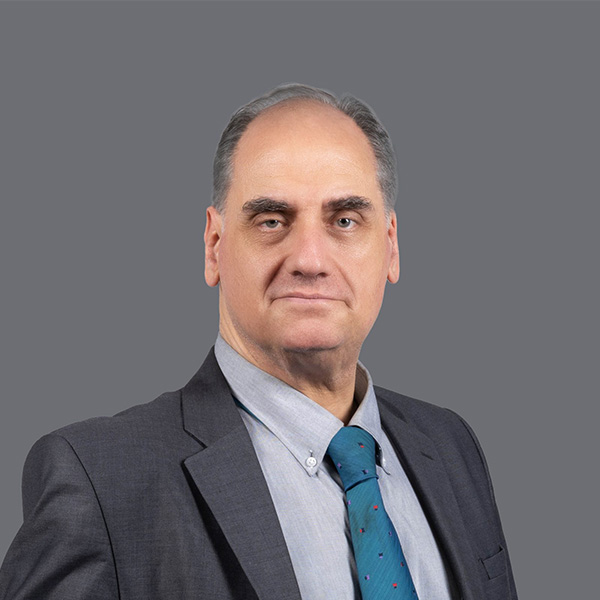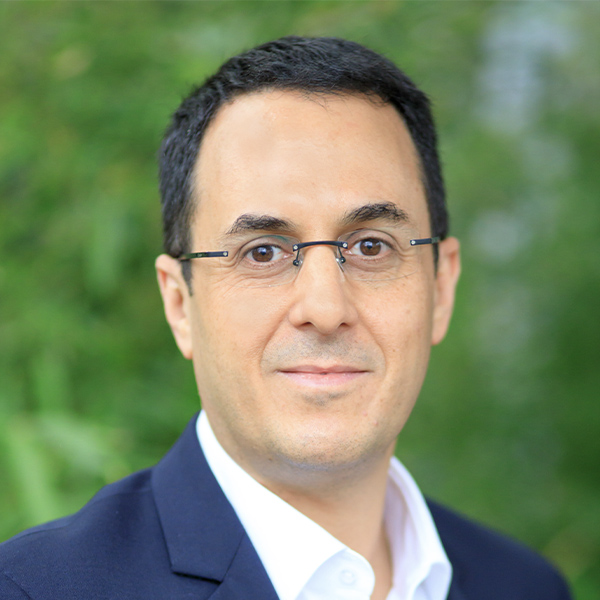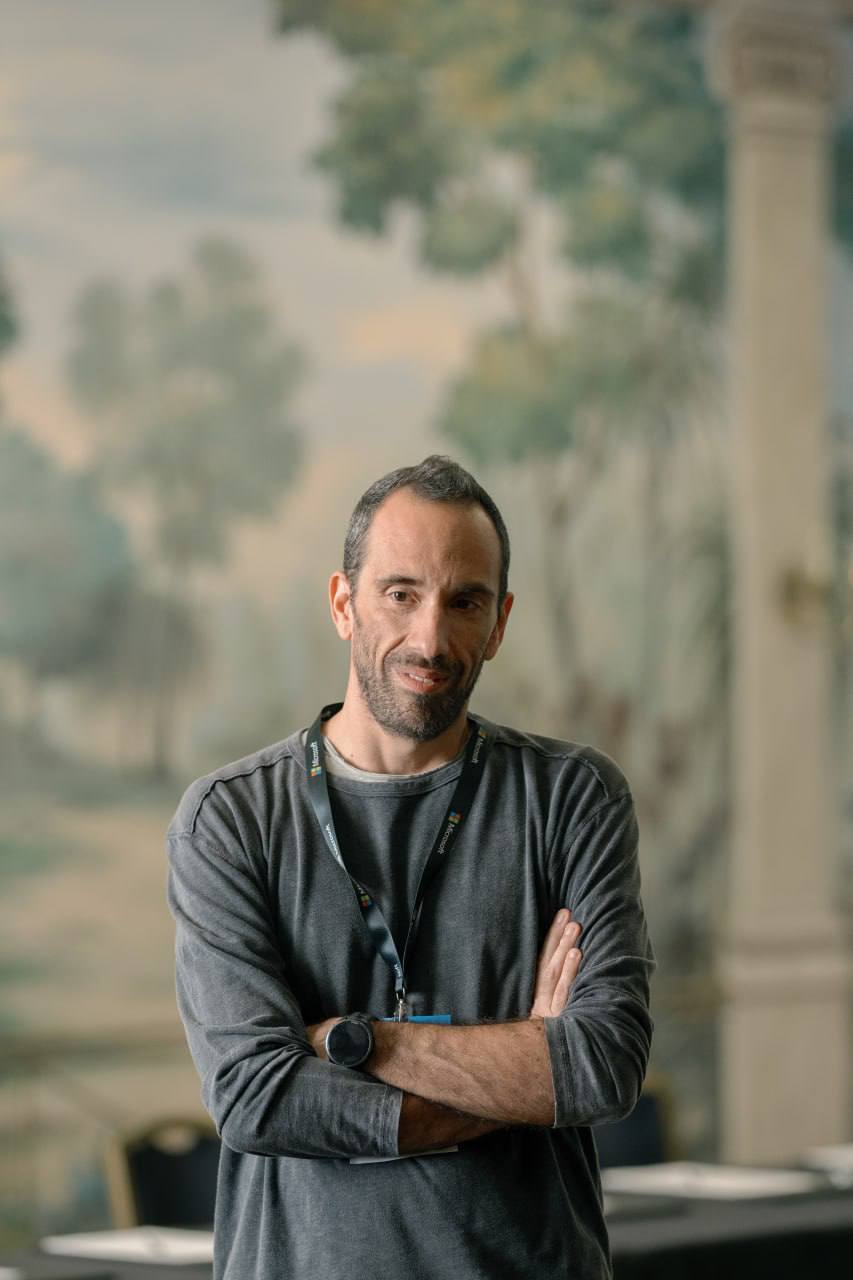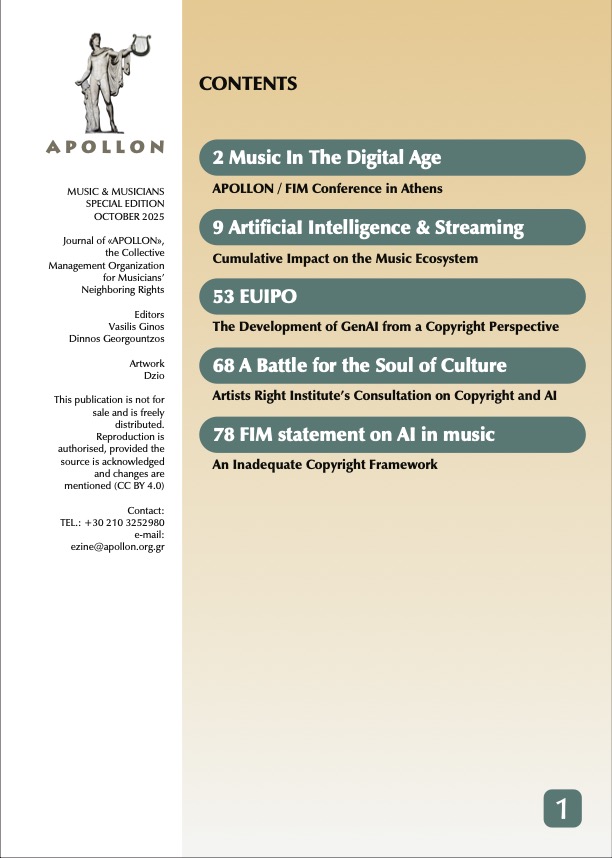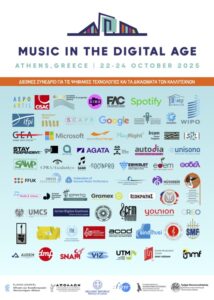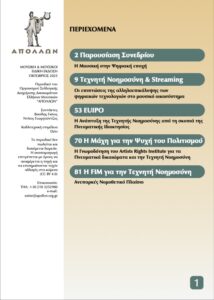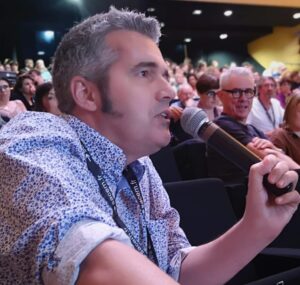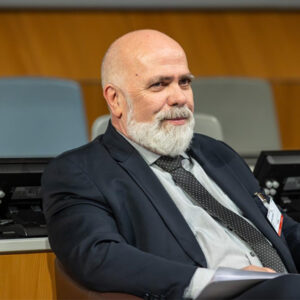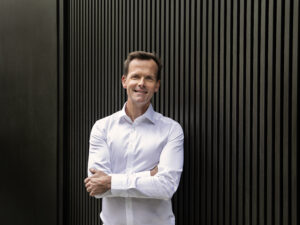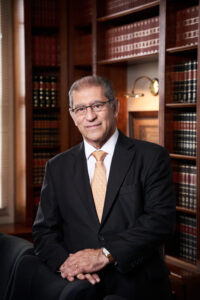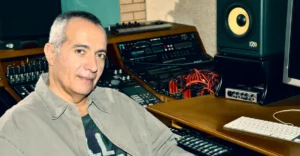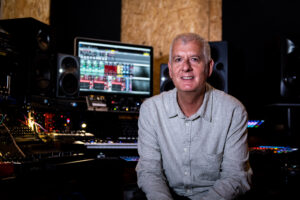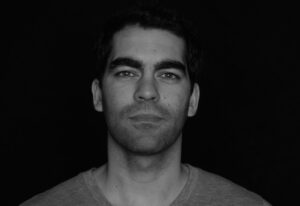
Under the Auspices of
The rapid evolution of AI-generated content and the dominance of streaming platforms are reshaping the creative industries, posing unprecedented challenges for musicians and audiovisual creators. Revenue streams are being disrupted, legal frameworks are struggling to keep pace, and artistic labor is increasingly undervalued in a digital economy that prioritizes scale over sustainability. The commodification of musical works as content also carries cultural consequences, in terms of aesthetics, symbolism, and social functionality.
Yet, history has shown that every technological disruption – from mechanical pianos to broadband networks – has been a moment of crisis and transformation for the music and entertainment industries. The question is: Will creators adapt, negotiate, and shape the future, or will they be left behind?
APOLLON (the Greek Collective Management Organization for Musicians’ Neighbouring Rights) and FIM (the International Federation of Musicians) are organizing the conference “Music in the Digital Age: Streaming & Artificial Intelligence”, an international forum on the future of music rights.
This three-day conference brings together artists, journalists, industry professionals, legal experts, academics, MPs and MEPs, thinkers and technologists to address the critical questions:
- Streaming & Fair Pay:
How can we ensure sustainable and equitable compensation models in a saturated digital economy?
- AI & Intellectual Property:
How do we protect creators’ rights when AI systems are trained on their work and competing against them?
- Regulation vs. Innovation:
What role should legislation play in shaping ethical AI and fairer digital markets?
Conference Tabs
-
What, when and where
-
Music and New Technologies
-
The AI challenge
-
The unfortunate reality of streaming
What, when and where:
- A global Conference on "Music in the Digital Age" - Streaming and Artificial Intelligence
- 22-24 October 2025
- Stavros Niarchos Foundation Cultural Centre (click to visit) →
-
Optional Day Cruise - October 25th, 2025 (click for details) →
In recent years, and especially after the COVID-19 pandemic, the artistic community and cultural science have focused on the labor issues of musicians in the digital age (finding or creating employment) and on Intellectual Property challenges, arising from the online exploitation of their works, primarily through streaming technology.
Research in these fields highlight:
• The inherent precariousness of musical professions,
• The need for adaptation and upskilling in new technologies, and
• The inadequate legal protection of intellectual and neighboring rights, which remain
exposed to the business risks of the free market.
Artificial Intelligence has now been added to these challenges. Currently, this cutting-edge application of new technologies is being developed and funded without regulation. It raises critical ethical and legal issues, which, if unregulated, are exposed to lobbying and risk creating irreversible realities in the field.
Historically, the music industry has experienced technological innovations as crises—and has always found ways to overcome them. The first printed sheet music, mechanical pianos, magnetic tape, personal computers, broadband networks and file-sharing, all brought radical changes to music production and consumption. Musicians responded to these challenges by embracing innovations and adapting to them. Where this did not happen, the system failed: at the dawn of the digital age (late 20th century), record labels fought the internet by all possible means. As a result, they missed the digital revolution, which is now led by tech companies.
The artistic community suffers unprecedented income damage. The misuse of AI, fueled by its unregulated exploitation, is leading to a loss of composure and perspective. The mistake of adopting a combative stance—"AI is the enemy; we must banish it from Art"—is being repeated. This extreme tendency is inspired by a narrative of an asymmetrical digital Armageddon, an uncontrollable machine developing superior intelligence and destroying culture. While this makes for a gripping sci-fi dystopia, reality is far more nuanced. AI should simply be another tool musicians must integrate into their toolkit. You don’t throw away a hammer because you hit your finger—you learn to wield it skillfully.
Cultural Sciences have developed tools, methodologies, and conducted in-depth research on the Creative Industries. Yet its conclusions circulate only within academic circles, failing to reach the artistic community, labour movements, or—most critically—policy implementation. This gap persists at a time when major tech companies are even willing to rewrite the "social contract" if it stands in the way of innovation. (Statement made by Mustafa Suleyman, co-founder of DeepMind and CEO of Microsoft AI at the Aspen Ideas Festival in June 2024)
The law is lagging behind rapid advancements. Legislative initiatives so far have been hesitant, ambiguous, and don’t seem to measure up to the scale of the challenges. This is evident in the EU’s 2024/1689 Directive on Artificial Intelligence, which reflects certain priorities in a political landscape where investors have significant influence. Similarly, the U.S. Copyright Office concludes that "existing legal doctrines are adequate and appropriate to resolve questions of copyrightability”.
Generative AI is a manufacturing process, divorced from lived experience, expression, or creative identity. This ethical dimension is not immediately visible in the output, as audiences cannot discern the creator of a work. Thus, interim measures must ensure fair remuneration for artists whose works train AI systems. Parallel losses arise on the output side: displacement of musicians’ traditional revenue streams as AI-generated works compete with theirs. By 2028, an estimated 24% of creators’ income could be at risk, amounting to €22 billion in cumulative losses.
A fair and pragmatic approach would be extending private copy Levies: the expanded application of private copying compensation (Greek Law 2121/1993, Art. 18), adapting existing frameworks to this new frontier.
Artists' earnings from streaming remain a significant concern. The recorded music market is now clearly dominated by this form of music consumption, which accounts for 67% of the recording industry's revenue. Complex financial structures, longstanding contractual practices, and a lack of transparency all contribute to a situation where the average revenue per stream that artists receive from their labels can be as low as $0.003 per stream. Against this backdrop, an artist needs over 800,000 monthly streams to earn the equivalent of a $15/hour full-time wage.
According to industry leaders, streaming services primarily sell subscriptions and access, not music itself. As a result, music can be seen as an operational cost within these business models. The emergence of AI-generated music, which may not require traditional licensing fees, contributes to an increasing volume of "rights-free" music, thereby impacting the income of rights-holders. The prevailing pro-rata distribution model, which tends to create or exacerbate inequalities between performing artists, represents another issue, particularly for niche or less popular music genres.
The fact that streaming platforms often operate at a loss also raises concerns about transparency. To ensure fair remuneration for all creators, more straightforward guidelines — whether through a WIPO instrument or similar "soft law" mechanisms — are needed. In the meantime, establishing a permanent oversight committee with local observatories could help improve transparency and foster greater collaboration across the music sector.
Read the Special Edition here in Greek and English – a tribute to the conference topics
Conference Panels
Panel A: Music in the Age of Streaming: The Economic Realities for Artists
Panel B: Streaming: Solutions for performers and authorsThese comprehensive panels examine both the challenges and potential solutions in the music streaming economy. Industry experts will analyse how current revenue models impact artists, composers, and songwriters while exploring innovative approaches to create more equitable compensation. Panelists will discuss the widening gap between platform profits and creator earnings, emerging business models, policy reforms, and technological solutions designed to build a more sustainable streaming ecosystem that fairly values the creators at its heart.
Panel A: The Mechanics of AIThis illuminating session begins with essential introductory keynotes followed by in-depth interviews with platform representatives who will demystify AI's underlying technologies. Panelists will explain core machine learning concepts, training methodologies, and system architectures that power today's AI tools. The discussion will provide valuable technical context for understanding how these systems function and the practical limitations and capabilities that influence their application in creative industries.
Panel B: How AI Will Shape Our LivesIn this thoughtful interview, a distinguished philosopher examines the profound ways artificial intelligence is transforming human experience, creativity, and social structures. The conversation will explore philosophical questions surrounding authenticity, creative agency, and the evolving relationship between human and machine intelligence. Panelists will consider the deeper implications of AI beyond technical capabilities, addressing how these technologies are reshaping our understanding of art, expression, and human potential.
Panel C: A Set of Tools for Music Creation - Opportunities and benefits for music creatorsThis practical panel highlights the constructive role AI can play in the creative process for musicians and composers. Industry professionals will demonstrate how AI tools can enhance workflow efficiency, inspire new creative directions, and democratise production capabilities. The discussion will focus on concrete examples of beneficial AI applications that complement rather than replace human artistry, offering realistic perspectives on how music creators can strategically incorporate these technologies.
AV Demonstration on AI-Created WorksThis dynamic audiovisual presentation showcases notable examples of AI-generated and AI-assisted creative works. The demonstration will feature music projects that illustrate generative AI systems' current capabilities and limitations. Technical experts will provide context for each work, explaining the underlying technologies, human involvement in the creative process, and potential future developments in AI-assisted art creation.
Panel A: GenAI and the entertainment sector: the industry perspectiveIn this forward-looking conversation, representatives from leading AI platforms will discuss how generative AI technologies are poised to transform entertainment creation and distribution. Panelists will explore emerging capabilities, ethical considerations, and collaborative opportunities between human creators and AI systems. The discussion will provide insight into how these platforms envision responsible innovation that supports rather than supplants creative professionals.
Panel B: GenAI and the entertainment sector: the creators’ perspectiveThis revealing interview with business experts examines the disruptive impact of artificial intelligence on established entertainment industry models. Panelists will analyse how AI technologies reshape production processes, challenge traditional career paths, and create market uncertainties. The discussion will highlight current economic implications for studios, agencies, and creative professionals as they navigate this rapidly evolving technological landscape.
Panel C: Potential legislative solutionsThis essential panel brings together world legal experts to examine regulatory frameworks addressing AI's impact on entertainment industries. Panelists will discuss intellectual property protections, fair compensation models, transparency requirements, and international cooperation needed to create balanced legislation. The conversation will focus on practical policy approaches that protect creator rights while allowing for beneficial technological advancement in an increasingly AI-influenced creative landscape.
General Discussion and Conclusions
Welcome and opening remarks from our esteemed guests

Jason Fotilas
Deputy Minister of Culture

Christina Langer
Legal Officer, Copyright Law Division, WIPO
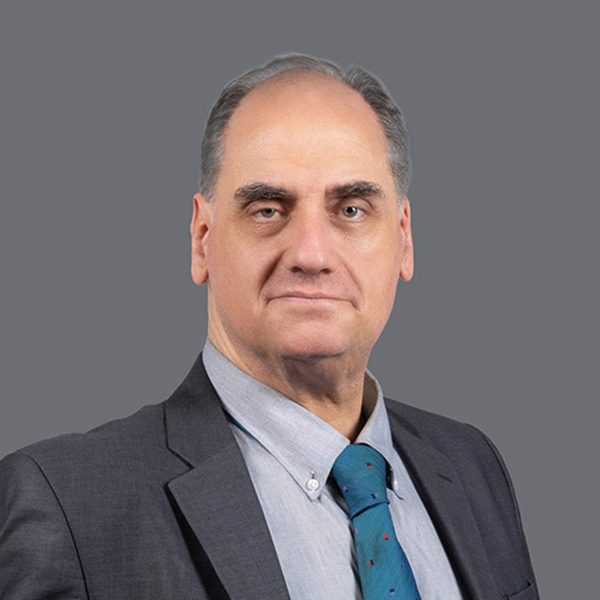
Konstantinos Christodoulou
Dean of the Law School of the University of Athens
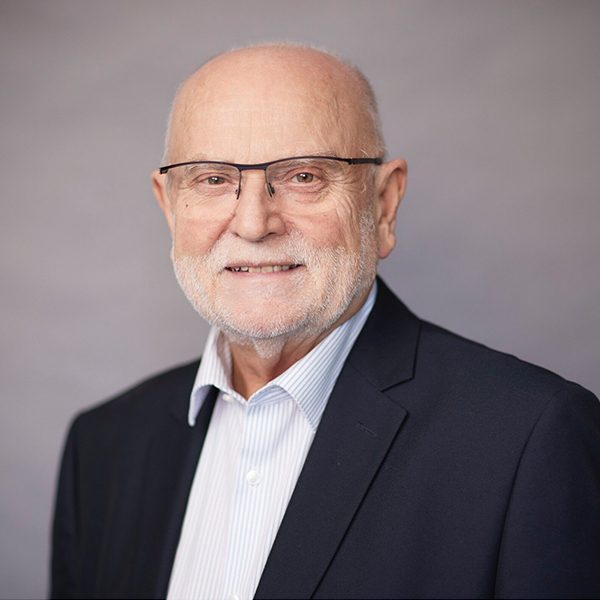
John F. Smith
President of the International Federation of Musicians (FIM)

Grigoris Lamprianidis
President of APOLLON CMO

Giorgos Andreou
Composer/Author
Special video interventions by

Pavlos Antoniadis

Dr Tilo Gerlach
President of AEPO ARTIS
General Manager of GVL

Gadi Oron
Director General of CISAC
Among our distinguished speakers in alphabetical order

Gerard Assayag

Giorgos Andreou
Composer/Author

Patricia – Riera Barsallo
AISGE – SPAIN
Lawyer – AISGE, International Affairs Department

Xavier Blanc
Legal advisor and consultant

Eugenia Bozou
Head of Government Affairs and Public Policy Greece, Cyprus, Malta @ Google, Greece

Rodrigo Alberto Carazo Zeledón
Economist, lawyer and political scientist -member of the UN Human Rights Committee

Chris Castle
Founder, Christian L. Castle, Attorneys

Konstantinos Christodoulou
Dean of the Law School of the University of Athens

Graham Davies
President and CEO – DiMA

Manos Dedevesis
Stay Independent – Chief Operating Officer
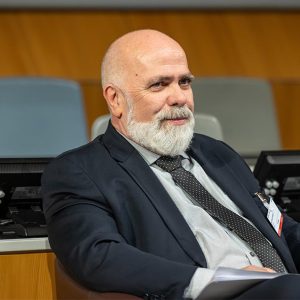
Marcos Alves De Souza
Secretary of Copyright and Intellectual Rights at the Brazilian Ministry of Culture

Marc du Moulin
ECSA Secretary-General

Tino Gagliardi
International President of the American Federation of Musicians of the US and Canada

Jean-Gabriel Ganascia
Professor Sorbonne University, Member of the LIP6, EurAI Fellow
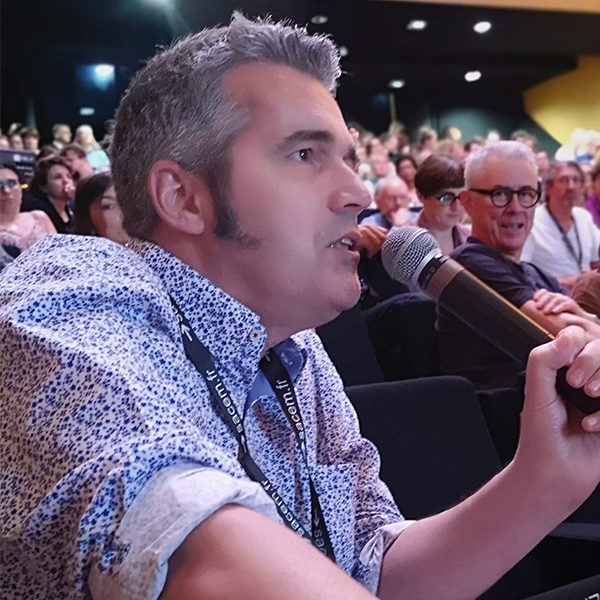
Philippe Gautier
Secrétaire-Général du Snam-CGT (Musiciens Interprètes et enseignants)

Prof. Anastasia Georgaki
Ηead of the Department of Music Studies – National and Kapodistrian University of Athens

Julie Jueyoung Lee
Assistant Manager, Strategic Planning Team of FKMP South Korea

Dinnos Georgountzos
Musician, Composer, Secretary-General of APOLLON CMO
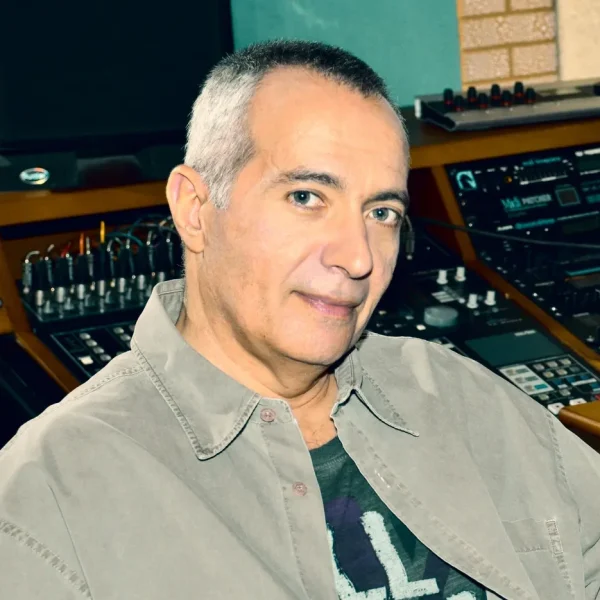
Vasilis Ginos
Musician, Composer, Producer APOLLON
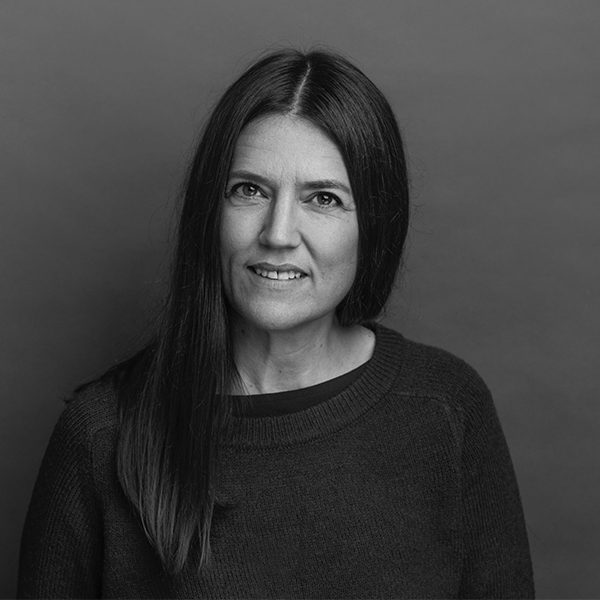
Karin Inde
President of SMF – Swedish Musicians’ Union

Ben Kessler
Director of Government Affairs AFM

Dimitris Kalochairetis
Co-Founder and CEO VALUE SOLUTIONS

Alexandru Calugar
Group Legal Director at TheSoul Group
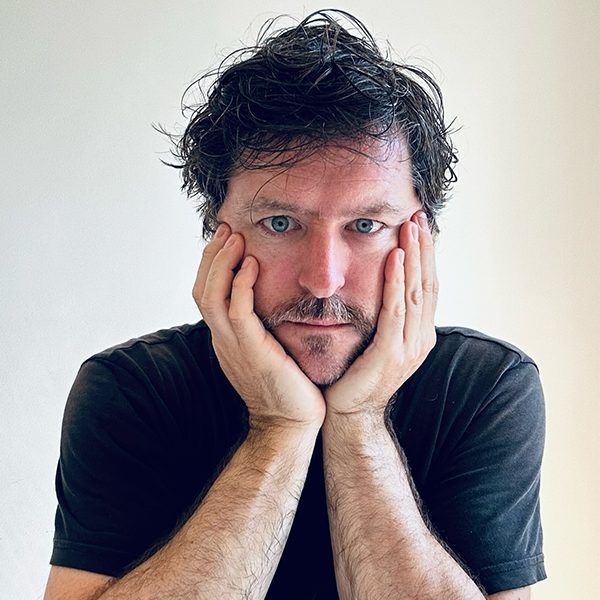
Ioan Kaes
Secretary – General of AEPO-ARTIS
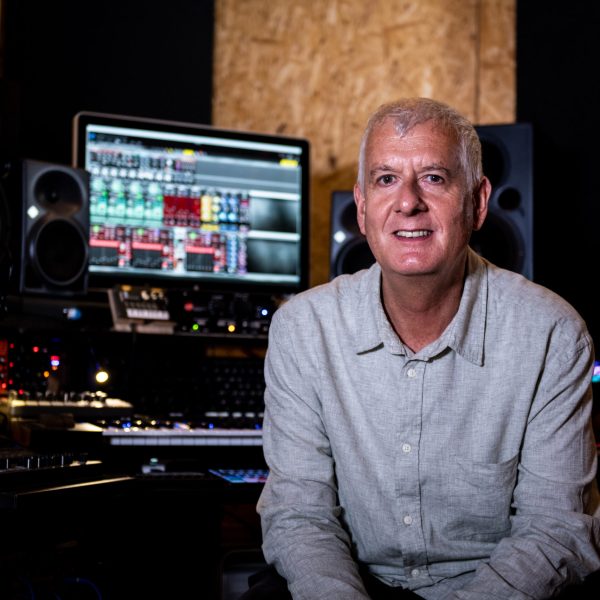
Steven Levine
Music Producer

Benoît Machuel
General Secretary of the International Federation of Musicians (FIM)

Yiannis Maragoudakis
Barrister at the Supreme Court, Head of Legal APOLLON CMO / AUTODIA CMO

Xenia Manning
Director of Global Music Policy
Spotify
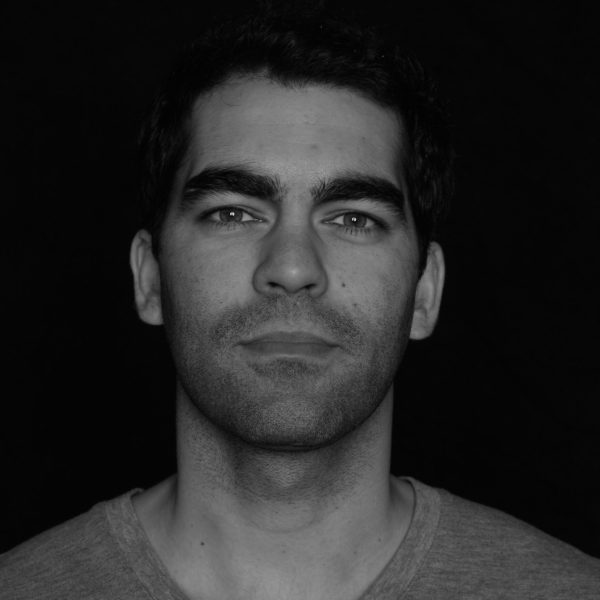
Dave Martin
CEO, Featured Artists Coalition
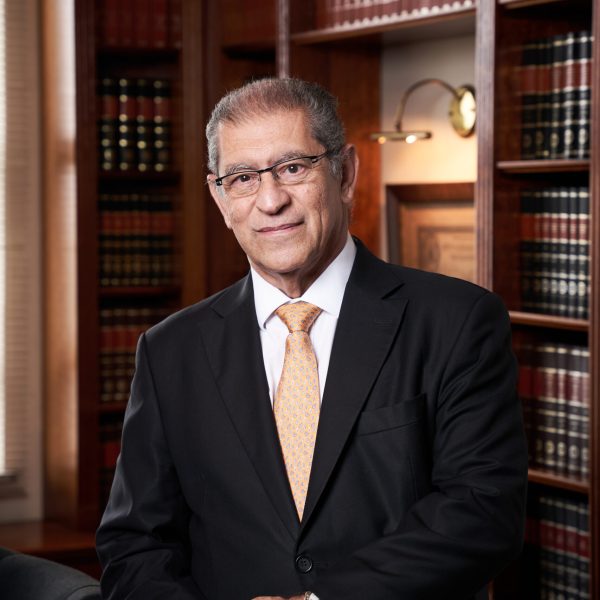
Roberto Correa de Mello
Lawyer graduated at 1977 in University of São Paulo; CEO of ABRAMUS – Brazilian Associaton of Music and Arts
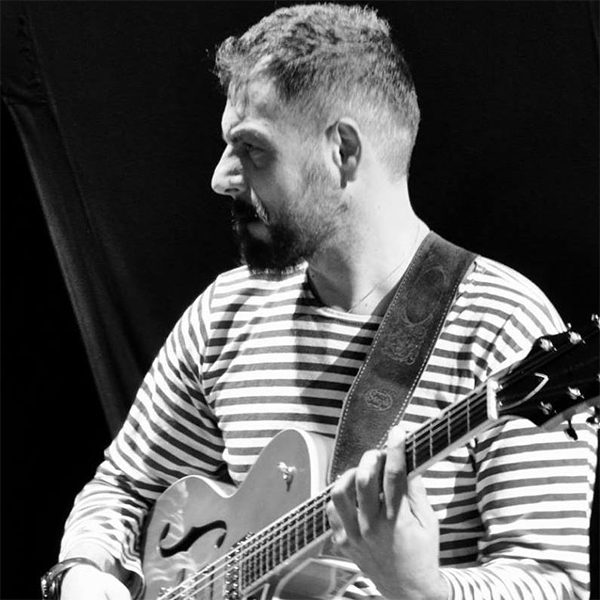
Tilemachos Moussas
M.Mus. , PhD Candidate, Department of Music Studies / National and Kapodistrian University of Athens

Antigoni Papanikolaou
Legal and corporate affairs director | Microsoft Hellas

Lauri Rechardt
Chief Legal Officer – IFPI

Beat Santschi
Vice-President, FIM / General Secretary, Swiss Musicians’ Union (SMV-USDAM)

John F. Smith
President of the International Federation of Musicians (FIM)

Irini Stamatoudi
Professor, Head for Department of Law, University of Nicosia
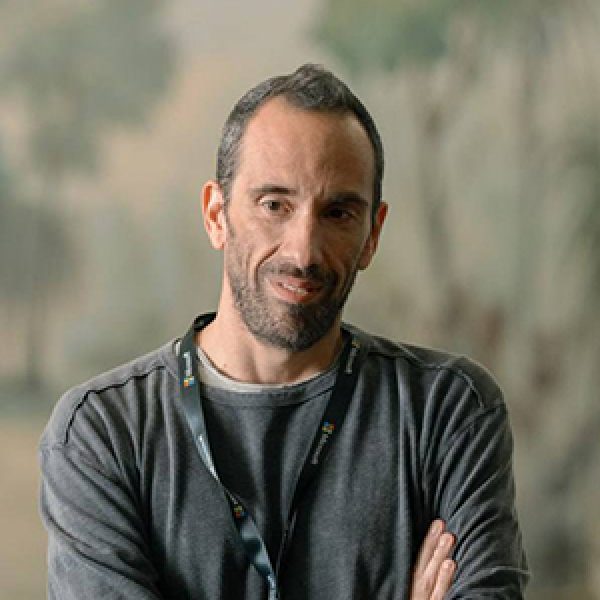
Yiannis Stathopoulos
Regional Technology Officer ,
Europe South Microsoft

Bertalan Temesi
Vice president MZTSZ

Pál Tomori
CEO of EJI – the Hungarian CMO of performing artists

Paul Torremans >
Prof Dr Paul L.C. Torremans, Professor of Intellectual Property Law, School of Law, University of Nottingham (UK).

Horace Trubridge
Musician and Activist – Member of MU

Christophe Van Vaerenbergh
Managing director of PlayRight CV
